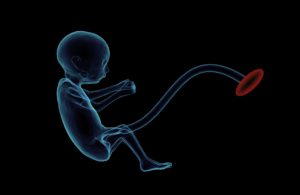Why It Matters: Prenatal Development
Why learn about prenatal development and genetics?
People endure quite an incredible journey before they are born. Think about it—when the timing and conditions are just right, a tiny egg releases from ovulation and a single sperm out of hundreds of millions unite to begin the process of fertilization. Genetic material from the mother and father join together to form a completely new organism. This new organism has to continue to travel and implant in the uterine wall in order to continue to grow and thrive. It is not an easy feat. It still must grow and develop for approximately 268 days before it begins life outside of the womb.
Today we have more knowledge and technology than ever before that has an impact on this process. We are privy to tests that can give us a wealth of information even before we conceive. We have the ability to know the genetic make-up of an embryo before it is implanted in the womb. If you could choose all of the features of your future baby, would you? What would be the pros and cons of this? New parents also have the choice of the prenatal care that they receive and how they want to prepare for labor and delivery. As you can see, the choices that are made along the way and the unforeseen surprises make for a unique pregnancy and birth story.
This module explores this journey and the development process from the moment of conception to delivery.
Watch It
Watch the selected clip from this video to see the fascinating animation of a fetus growing and developing inside of the womb.
https://youtube.com/watch?v=fKyljukBE70%3Fstart%3D118%26end%3D354%26autoplay%3D0


